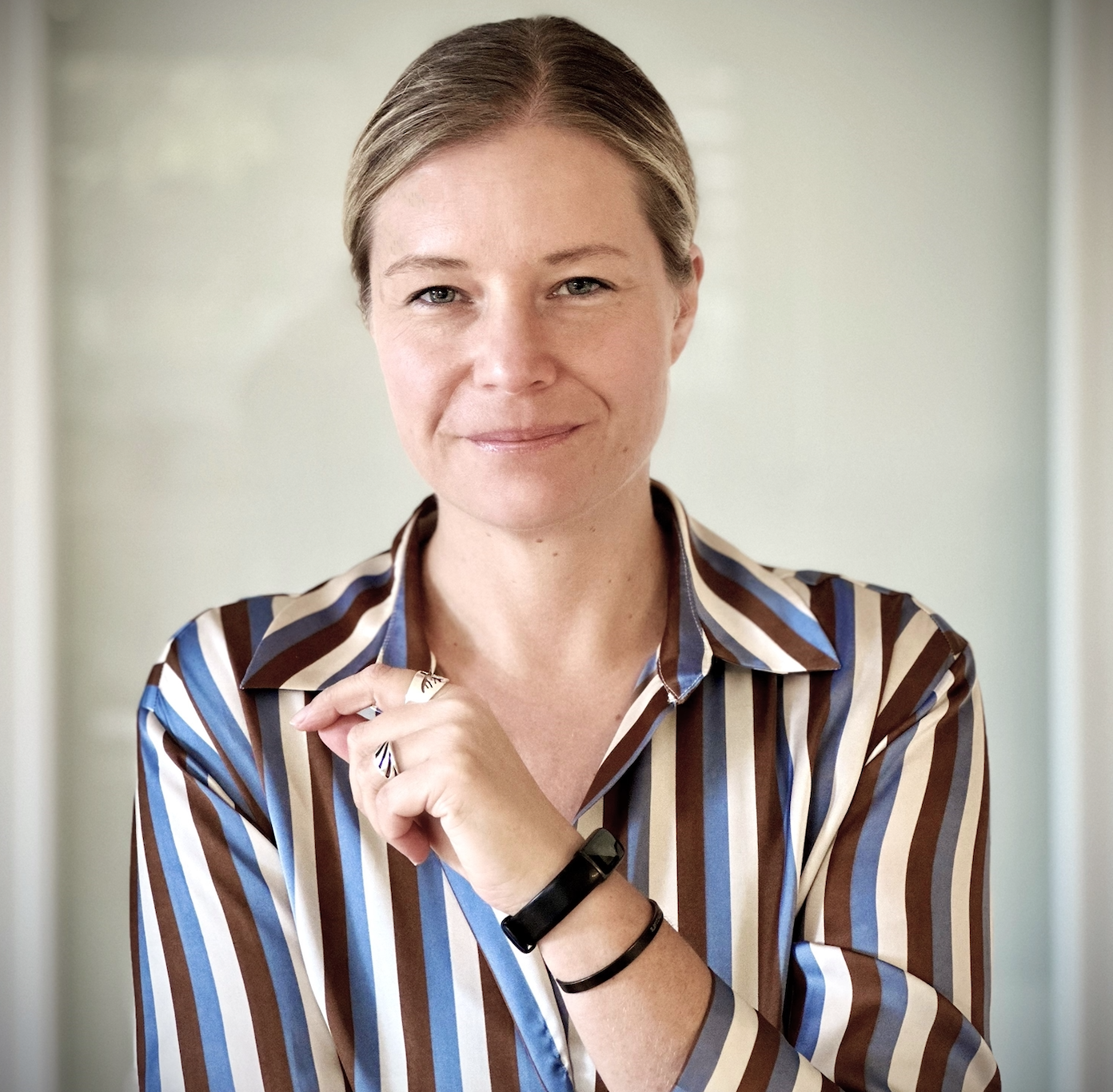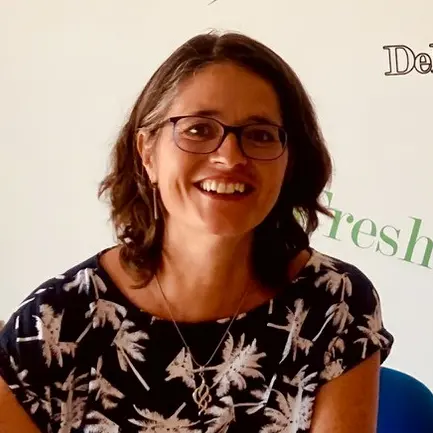Sustainable Value Chains
Sustainability in value chains is among the key objectives of the UN Sustainable Development Goals. Countries, companies, and consumers increasingly seek assurance that their commodities are produced, sourced, transported, processed, and delivered in environmentally and socially responsible manners. Laws and regulations have also established stricter due diligence requirements in supply chains.
We connect the principles of the UN Global Compact, UN Principles on Business and Human Rights, European Due Diligence Protocols (to name a few) with our own experience and expertise. We work with actors in various global value chains to enable their move to more sustainable ecosystems; guide them on effective adoption of human rights principles; develop key performance indicators and design monitoring and evaluation tools; and support the delivery of sustainability programmes.
Ensuring good governance is a key component of fostering sustainability in value chains. This means strategic and operational governance of value chain arrangements; both between value chain actors and within individual companies (including value chain due diligence).
The transition towards sustainable value chains requires innovative forms of collaboration that allows cost-effectiveness alongside trustworthy improvements towards multidimensional sustainability of the whole value chain, including a fair remuneration (profitability) for all actors within the value chain. This implies relevant incentives for trustworthy sustainability achievements as well as appropriate accountability and transparency mechanisms to adequately address and reconcile the interest of all actors and stakeholders within the value chain.
Multiple value chain issues, such as harm from child labour, deforestation, pesticide abuse…, cannot be adequately addressed through single commodity approaches (e.g. coffee, cacao, rice, palm oil, …). Indeed, they require integrated transformations at the level of agricultural production areas also referred to as landscape approaches. In that way, actors can demonstrate that their products are truly child friendly, forest friendly, etc.
The C-lever.org team brings expertise and insights in such challenges and is committed to assist its clients and partners in assessing and improving (their parts of) the governance of the value chains or supply chains they are involved in.
As part of a consortium led by Lutheran World Relief (LWR),
the C-lever.org team also partakes in the USDA funded TRACEproject (2021-2025) aimed
at strengthening Nigeria’s cocoa value chain and improving the livelihoods of
its farmers. C-lever.org will mainly contribute to the following components : (a)
building capacity through business development services; (b) promoting market access
through traceability in buyer-seller relationships; and (c) improved policy and
regulatory framework for traceability and combatting cocoa-driven deforestation.
Since 2019, C-lever.org has been supporting the European Initiatives for Sustainable Cocoa (ISCOs): Beyond Chocolatesince 2019, the German Initiative for Sustainable Cocoa ( GISCO) since 2020, and the Dutch initiative ( DISCO) since 2021. Among others, we supported the ISCOs with the design of their accountability, monitoring and evaluation concept and the development of their monitoring and reporting system. This includes continued support with annual data collection among the members, data cleaning and analysis and annual reporting of the ISCOs. We also aided the harmonisation of indicators and monitoring systems between the European ISCOs (including the Swiss platform) in consultation with other organisations such as the World Cocoa Foundation (WCF) and International Cocoa Initiative (ICI).
In addition to the cocoa value chain, we have worked in the
cotton sector; for example through decent work risk assessments in India and in
12 African Countries with “Better Cotton”. We also assisted Cotton Chad and
cotton sector stakeholders in developing the “New Country Start Up Report” for
Chad, as part of their joining Better Cotton,
the world’s leading sustainability initiative for cotton.
Among consumers, companies, governments, communities and countries there is increasing awareness that our buying practices offer potential leverages in support of human rights. The concept of Human Rights Due Diligence (HRDD) is all about providing assurance that the services and goods that we procure and/or sell are not tainted with human rights infringements.
It is indeed important that our economic ecosystems provide effective incentives for ensuring decent work and fair remuneration of agricultural producers and workers along the value chain.
C-lever.org propagates a shift away from the existing vulnerability and victimizing (‘slavery free’; ‘child labour free’) perspective – that contributes to current compliance and bureaucratic practices – towards adopting an empowering perspective (‘community friendly’; ‘child friendly’, …), in which all actors are considered valuable contributors to a sustainable ecosystem and provided with the necessary tools and means to take on their respective roles.
C-lever.org engages with clients and partners to implement meaningful and evolving HRDD. This also includes building due diligence capacity in the countries of origin and transforming the business of value chain actors through the design and implementation of human rights and decent work / living income related incentives.
The C-lever.org team has enhanced its expertise on traceability in agricultural value chains, since 2020. We conducted a study on cocoa traceabilityin Côte d’Ivoire, Ghana and Cameroon commissioned by IDH and GISCO. This resulted in the production of a Technical Brief on Cocoa Traceability, providing an overview of the state of cocoa traceability insights on existing challenges, as well as recommendations for a more transparent and traceable cocoa supply chain. The study also yielded four case studies on cocoa traceability.
As key member of the Transparent Collective-voice Consortium, commissioned by the “Office National du Cacao et du Café” (ONCC) and IDH, the C-lever.org team has also contributed to the design of a future proof model for a nation-wide cocoa traceability system for Cameroon, from farm gate to port of exit.
Commissioned by GIZ’s INAproject, the C-lever.org team implemented an assignment in support of (potential) users of traceability solutions in agricultural value chains. Under this project C-lever.org developed a “ Step-by-Step-Guide for Successful Implementation of Traceability Systems in Agricultural Supply Chains” and reviewed traceability solutions available on the market.
The C-lever.org team has developed and continues to promote a concept of ‘information preserved’ or ‘data enhanced’ traceability that moves well beyond the binary approaches of more traditional sustainability schemes. The proposed concept allows for evolving towards detailed and trustworthy sustainability information of commodities all along the value chain.





